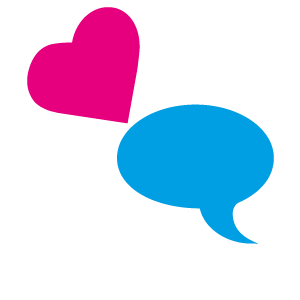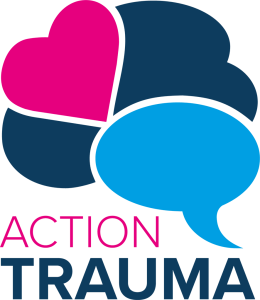
Speaker Profile
Ros
Townsend
Psychotherapist, Trainer, Author, Founded the Beacon Clinic
Ros Townsend is an experienced psychotherapist who combines private therapy work with referrals from Occupational Health and the NHS. She has a special interest in working with those affected by psychological trauma and has worked extensively with survivors of domestic abuse, members of the blue-light services, and with military veterans through the veterans charity, PTSD Resolution, of which she is also a Trustee. She is author of the highly regarded self-help book, ‘PTSD: Understanding and Recovery’. Ros is also a tutor for the Human Givens College and regularly provides bespoke training days for organisations looking to improve the wellbeing of their staff. She developed the current Trauma Awareness Training programme for PTSD Resolution, which is delivered across the UK, and has been engaged as a speaker at events designed to raise awareness in the field of mental health. She founded the Beacon Clinic in 2009 to provide aid to those with dealing with life’s more difficult challenges and times.




